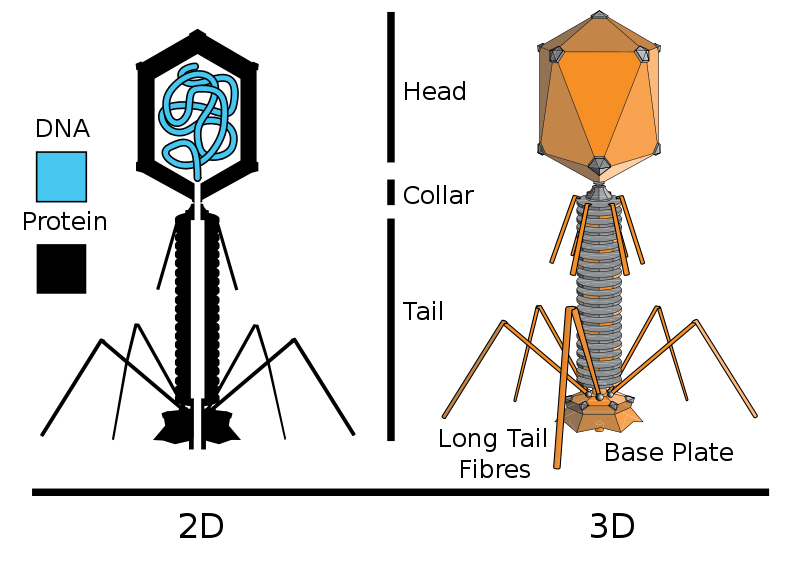Microbe Roundup
Fighting disease involves maintaining the healthy populations of microbes that live inside us.

Fighting disease involves maintaining the healthy populations of microbes that live inside us.

Fragile X Syndrome, a leading genetic cause of intellectual impairments, may actually result from too much brain activity.
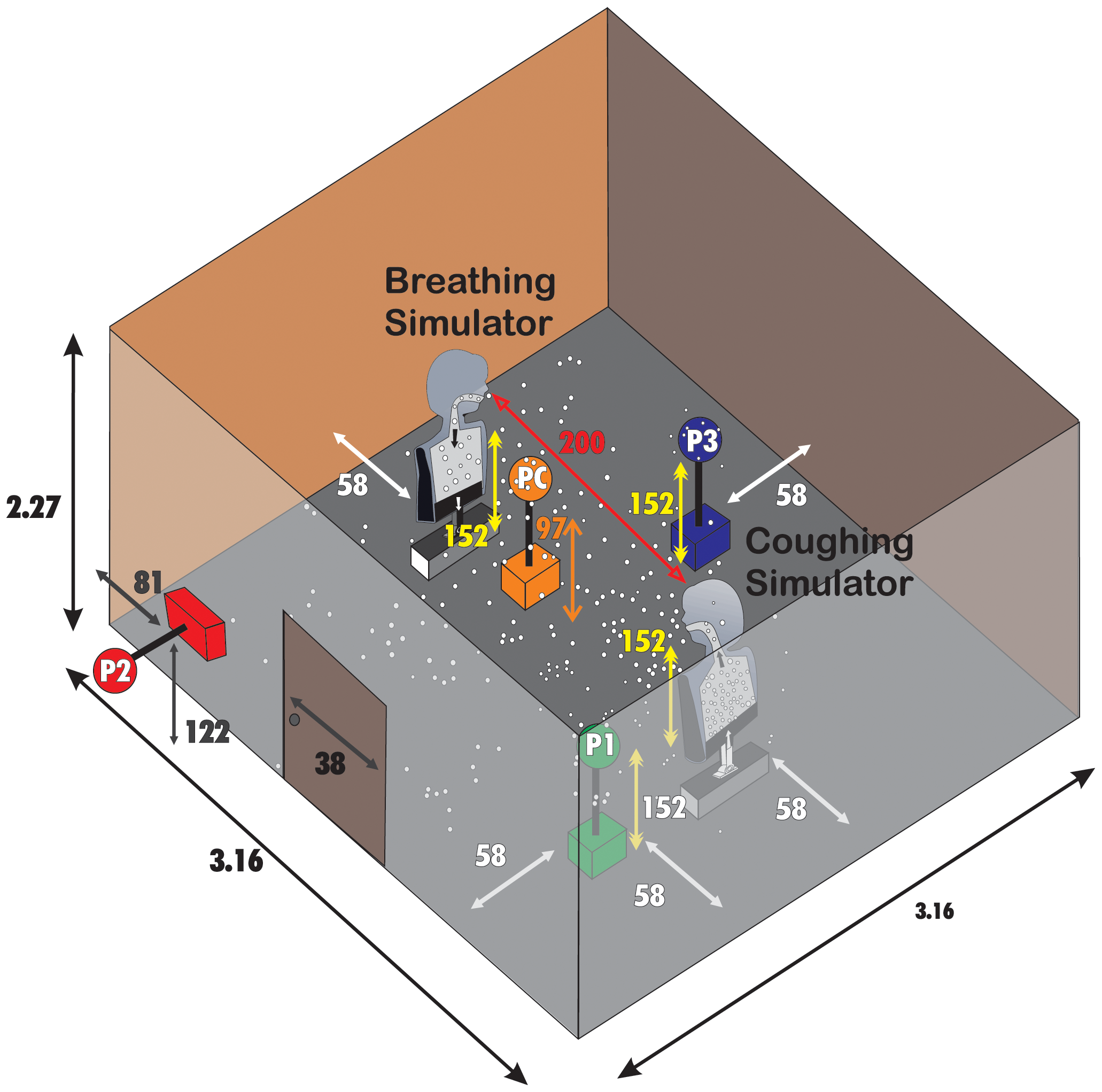
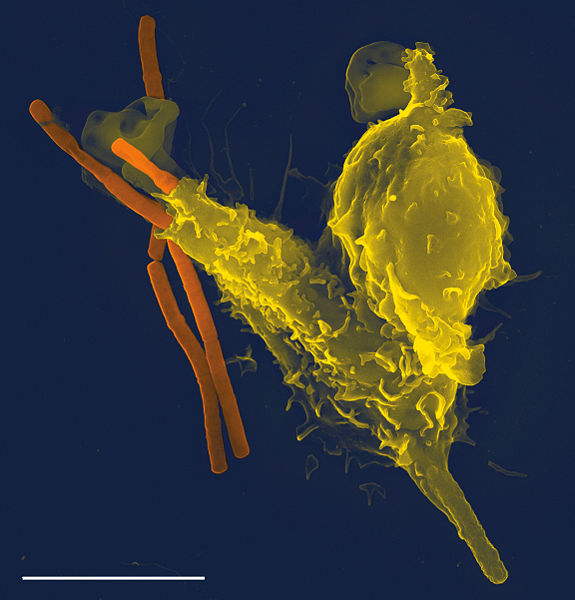
Researchers have successfully copied a molecule that protects our bodies from our own immune systems.

Ancient people had beneficial bacteria to fight dental plaque that is absent in modern populations.
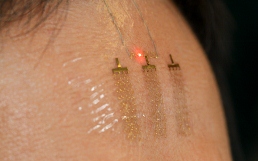
2013 AAAS ANNUAL MEETING, BOSTON, MA - Researchers are discussing how to treat psychological problems in chimpanzees, and why childbirth is such an ordeal in humans but not in apes. Also: scientific detectives have solved an art mystery. And researchers have unveiled ultrathin, wireless sensors that can monitor your brain activity.

MICROBIAL LIFE - How antibiotic-resistant bacteria spread, tracing HIV back millions of years, and how life thrives among the storm clouds. Also, a listener's question about the common cold.

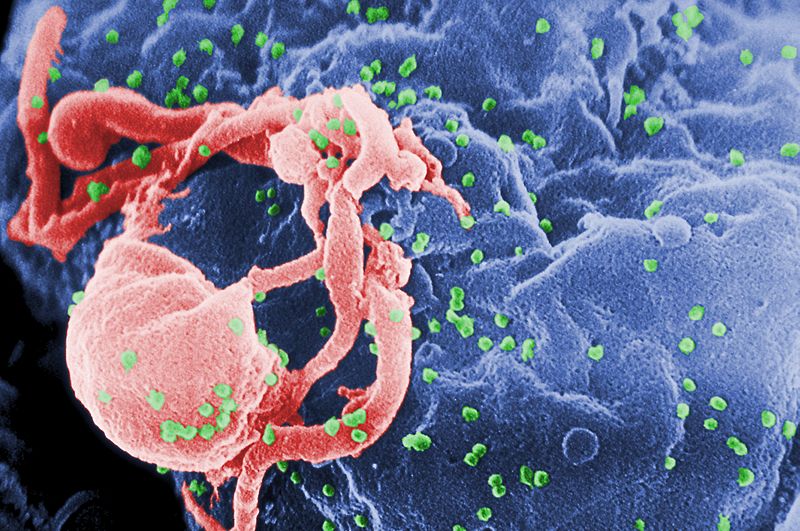
The type of virus that includes HIV may have been circulating in primates for 12 million years.
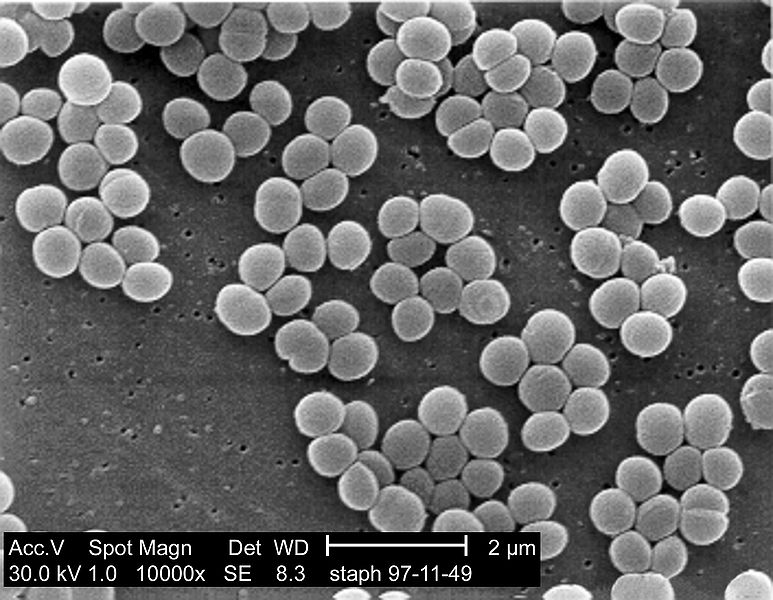
Researchers have figured out how Staph bacteria transfer antibiotic resistance to one another.

A salivary gland biopsy may finally make it possible to definitively diagnose Parkinson's Disease in living patients.
Modifying the digestive process of bacteria could produce a useful fuel from common fats.
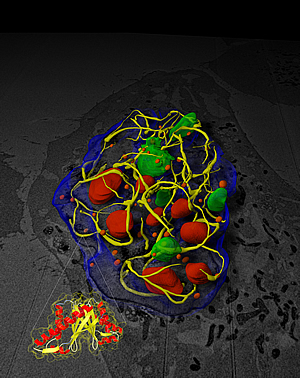
A meltdown of Arctic ice may have triggered the last deep freeze in the Northern Hemisphere.


Cells from amniotic fluid can be reprogrammed more stably than traditional stem cells.
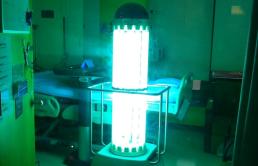
MEDICAL INNOVATION - Medical implants that just melt away, how cancer research could make the plastics industry less dependent on fossil fuels, and why ultraviolet light is cleaning up hospital rooms. Also: scientists find a surprising new source of re-programmable cells in amniotic fluid. And a new genetic test that could help babies in the neonatal intensive care unit.


